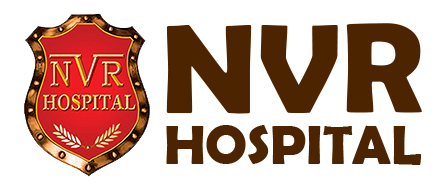Bladder Disorders
What are Bladder Disorders?
Bladder disorders refer to a group of conditions that affect the function of the bladder, a hollow organ in the pelvis responsible for storing urine. The bladder holds urine produced by the kidneys until it is ready to be eliminated from the body through the urethra. Disorders of the bladder can cause a range of symptoms such as frequent urination, pain, incontinence, and difficulty emptying the bladder. These issues can significantly impact a person’s quality of life, making it essential to seek treatment from a healthcare professional
There are various types of bladder disorders, each with distinct causes, symptoms, and treatment options. Some of the most common types include
Urinary Incontinence
This is the inability to control the bladder, leading to involuntary urine leakage. There are different types of urinary incontinence, including stress incontinence (urine leakage with coughing, sneezing, or exercise), urge incontinence (a sudden, intense urge to urinate), and overflow incontinence (when the bladder doesn't empty properly)
Overactive Bladder (OAB)
This condition occurs when the bladder muscles contract too often, resulting in a frequent and urgent need to urinate, often with little warning. In some cases, OAB can also cause nocturia (waking up at night to urinate) and incontinence
Interstitial Cystitis (IC)
Also known as painful bladder syndrome, IC is a chronic condition that causes bladder pressure, pain, and frequent urination. The exact cause of IC is unknown, but it can lead to severe discomfort and difficulty in daily activities
Bladder Infection (Cystitis)
A bladder infection, commonly caused by bacteria, leads to inflammation of the bladder lining. Symptoms include painful urination, frequent urges to urinate, and cloudy or blood-tinged urine. Infections can be treated with antibiotics, but recurrent infections may require further investigation
Bladder Stones
Bladder stones are hard deposits of minerals and salts that form in the bladder, often due to urine that has been held too long. These stones can cause pain, difficulty urinating, and urinary tract infections (UTIs). Treatment may include medication or surgery to remove the stones
Bladder Cancer
Bladder cancer occurs when abnormal cells grow in the bladder lining. Symptoms often include blood in the urine, painful urination, and pelvic pain. Treatment depends on the cancer stage and may involve surgery, chemotherapy, or radiation
Bladder disorders can result from various factors such as infections, lifestyle choices, underlying health conditions, or even trauma. Treatment often involves a combination of medications, lifestyle changes, physical therapy, and sometimes surgical procedures, depending on the type and severity of the disorder. Consulting a urologist is crucial for an accurate diagnosis and effective management plan. Regular check-ups and timely intervention can help prevent complications and improve the overall quality of life
For any inquiries, please contact our hospital for assistance and care.
